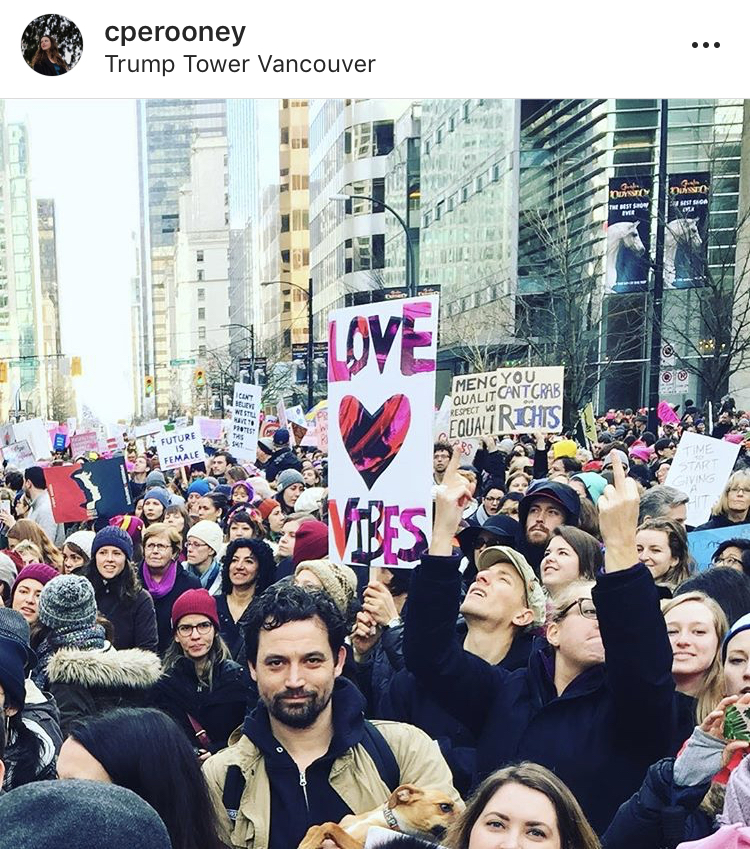January 15th, 2019
Conflict is inevitable; any authentic and meaningful relationship, whether interpersonal or societal, weathers conflict and becomes stronger from it. Conflict within a large social justice movement is a sign the movement is actually causing change. There have been and are controversies within the Women’s March, both at home and beyond, and I have been impressed with the relative transparency of organizers in dealing with charges of racism, nepotism, exclusiveness, etcetera. Obviously in an ideal world there would be no charges of racism and anti-Semitism within the leadership of international activist groups; however, to expect that an organization piloted by powerful people with corporate backgrounds will be free from abuse is pretty pollyanna. When charges of discrimination come to light, it’s a good thing, because what was once hidden is now exposed, and that is what makes people move.
In terms of conflict within my own community, I’ve been told and have heard from some (mainly my fellow white women) that ‘leftist infighting’ or ‘lateral violence’ is more destructive to progress than beneficial. We keep ourselves down by calling out our peers, these people say. This argument is so tired and uneducated; it’s a red herring meant to keep power firmly in place, and I hope it stays behind in 2018. Ann Friedman and Aminatou Sow do a good job of calling out this fallacy on their podcast Call Your Girlfriend.
Ann: When I hear a phrase like, “We must find a way to live with our differences and unite to fight the bigger challenges…that implies to me a hierarchy of what is a challenge. That means that someone’s making a decision about what a “bigger” challenge is and historically when those terms are set, they are set by white women. Like, “women” suddenly becomes synonymous with “white women” and you get speeches like (Nancy Pelosi’s) saying, “We’ve have had the vote for this many years–“
Aminatou: Like, bitch, who? (laughs)
Ann: Who’s the “we”?…if you really believe that injustice is about a system of incredibly complex and interlocking and systemic problems–which is what we believe in this family–then you are not going to be able to decide in a group of millions of people what the “bigger” challenges are…Just because the Women’s March isn’t united by the same goal does not mean that all activism is in disarray and women can’t get it together.
Aminatou: Oppression is in disarray and in shambles; activism is doing great.

I work Saturdays and am unable to attend this year’s Women’s March, which starts at 10am at the Vancouver Art Gallery on January 19th. The theme of this year’s march is Ending Violence Against Women. People most vulnerable to violence in Canada are BIWOC, trans women and sex workers.
Here’s a pic from the 2017 Women’s March; I particularly like the person next to Taylor and Chispi flipping both birds at Trump Tower.
